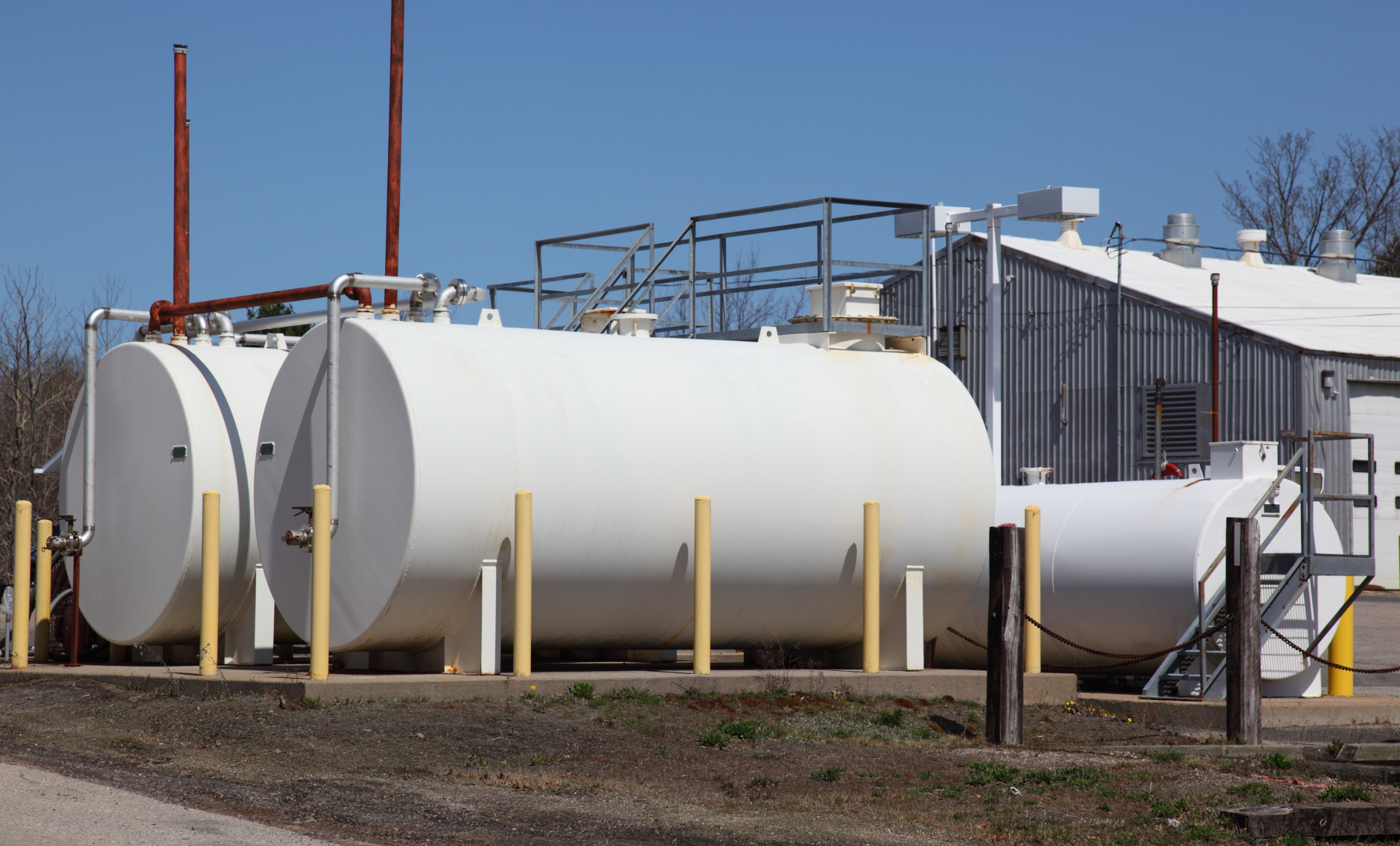Fuel Tank Cleaning

Mechanical Fuel & Tank Cleaning: Not Just Recommended By Bell FTS
An essential part of the Bell Fuel & Tank Services multi-prong approach is the mechanical removal of contaminants that contribute to fuel failure and tank corrosion in long-term stored fuel. The mechanical process is an important step that cannot be ignored if you want a comprehensive solution.
Indeed, it's not just Bell Fuel & Tank Services that recommends these steps. One of the EPA’s key recommendations to fuel storage tank operators seeking to avoid storage tank corrosion and its associated fuel problems is to remove contaminants from internal tank surfaces so that the corresponding essential chemical treatments like biocides and liquid corrosion inhibitors aren’t hindered in doing their jobs.
Mechanical Fuel & Tank Cleaning Is Essential To Stored Fuel Care
Just as you need diagnostic testing (to accurately assess the problem and confirm it’s been solved) and high-quality chemical treatments (for remediation and prevention), mechanical tank cleaning covers an essential segment of the “best practice” solution, manually removing built-up petroleum sludge, water and biomass in the most efficient method possible.
Bell Fuel & Tank Services’ trained field technicians assess the condition of the storage tank and use field-specific equipment to sweep storage tank surfaces and remove the sludge, water and other contaminants that are linked to problem development if left alone. Typically, this is done at the start of the service protocol after tank assessment. Once these contaminants are removed, the storage tank and its fuel inside are in prime position to receive maximum benefit from the proceeding steps in the Bell FTS service program – fuel filtration and chemical treatment.
If you need an assessment of your tank, click here to give us some information so we can connect you to the right fuel service provider in your area.
Helpful Resources
What's My Fuel Health Score?
Webinar

Fuel Changes and How They Affect You
Webinar

Tank Treatment - Half An Approach?
Checklist

Tank Health Signs
Checklist

Fuel Helth Checklist
Checklist

Fuel Storage Tank Treatment Requirements
Reference

Essential Fuel Tests
Reference

Tank Partners Checklist Resource
Checklist

Bellicide vs the Marketplace Infographic
Infographic

Fuel Tests You Need to Know About
Webinar

Diesel Dialysis with Brian Hartley Part 1
The Fuel Pulse Show

Diesel Dialysis with Brian Hartley Part 2
The Fuel Pulse Show

Fuel Tank Cleaning on our Commercial Blog
8 min read
Beyond Compliance: The Real-World Best Practices for Fuel Storage and Maintenance
Erik Bjornstad: Oct 28, 2025
3 min read
7 Signs of Diesel Fuel Contamination by Microbes, Fungus, and Bacteria
Bell Performance: Oct 21, 2025





